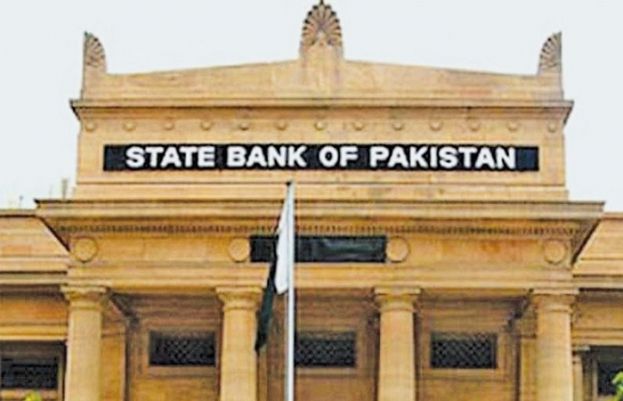
The move comes as a surprise to market followers and analysts that expected an interest-rate hike after the rupee underwent a second massive round of devaluation on March 20. The development took the overall plunge of the rupee to over 9% against the US dollar in the last three months, stoking fears of inflation and a corresponding hike in the interest rate.
However, the SBP, in a statement released on Friday evening, said “the Monetary Policy Committee is of the view that some time may be allowed for the impact of recent policy developments to unfold and has therefore decided to maintain policy rate at 6% for the next two months”.
It said that inflation has yet to pick pace due to subdued food prices and lower-than-anticipated increase in house rents.
“CPI inflation has remained moderate during Jan-Feb FY18, averaging 4.1% mainly, because of subdued food prices and lower than anticipated increase in house rents.
Going forward, a sticky core inflation along with a moderate outlook of food prices amid abundant grain stocks and the recent increase in policy rate are expected to contain average inflation well below the FY18 target of 6% and close to it for FY19.
“This assessment takes into account the lagged impact of exchange rate flexibility and its second-round effects (specifically through adjustments in fuel prices), demand pressures, and volatile global oil prices.”
The central bank had earlier jacked up the interest rate in January by 25 basis points to 6%, after maintaining the status quo for 20 months. Previously, the rate had stood at a four-decade low of 5.75% since May 2016. It was in double digits at 10% in the first half of fiscal year 2012-13 before inflationary pressures started easing.
The SBP announces a target rate every two months, which serves as the benchmark interest rate for overnight funds in the interbank market. It is one of the tools the central bank uses to ensure price stability in the economy.
Decreasing the target rate poses the risk of high inflation, but also stimulates economic growth by making credit cheaper. In contrast, raising the target rate restricts the level of liquidity, which subdues consumer prices in the economy. The central bank tries to strike a balance by targeting the overnight cost of funds at a level that promotes maximum economic growth without causing high inflation.
No comments:
Post a Comment